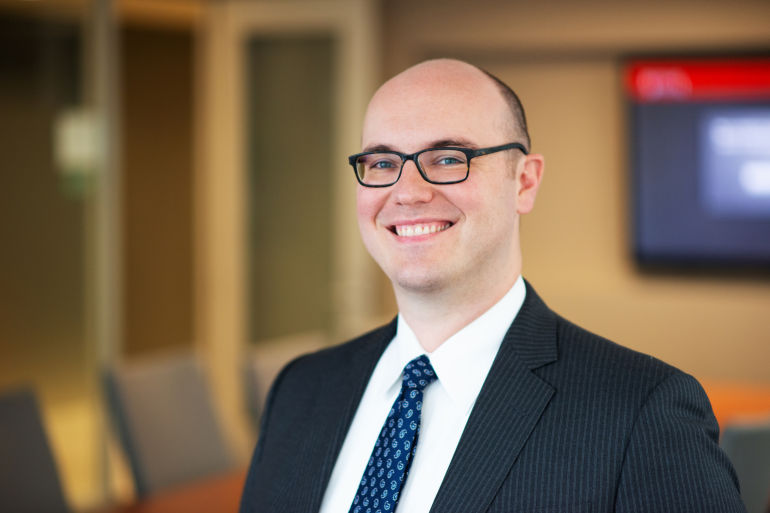
On September 20, 2021, the Delaware Supreme Court overruled its 2006 decision in Gentile v. Rossette, eliminating so-called "dual natured" simultaneous direct and derivative claims for breach of fiduciary duty. The decision brings added predictability to Delaware law and eliminates a potential avenue for post-deal litigation.
The case, Brookfield Asset Management, Inc. v. Rosson, arose from a private placement transaction in which TerraForm Power, Inc. sold shares of its common stock to its majority stockholder, an affiliate of Brookfield. The plaintiffs, former TerraForm common stockholders, brought an action in the Delaware Court of Chancery asserting that TerraForm's board of directors and Brookfield breached their respective fiduciary duties by approving the private placement on terms that allegedly unfairly diluted the other common stockholders' economic stake and voting power in Terraform. After the private placement, TerraForm was acquired by a third party in a merger that cashed out the plaintiffs' shareholdings.
The defendants moved to dismiss, arguing that the plaintiffs' claims were derivative in nature because they were premised on alleged harm to TerraForm—the defendants allegedly caused TerraForm to sell an asset (shares of common stock) for less than fair value—for which the remedy (presumably, damages) would flow to TerraForm. Because the plaintiffs were no longer TerraForm stockholders, defendants argued, the plaintiffs lost standing to pursue their claims. The Court of Chancery agreed that this type of overpayment claim is a classic derivative claim but concluded that it was bound by Gentile to hold that the plaintiffs' claims were both derivative and direct in nature. The claims were direct under Gentile because the private placement involved the issuance of shares to TerraForm's controlling stockholder, resulting in the other stockholders' economic and voting power being diluted. Thus, the Court of Chancery denied the motion to dismiss because the plaintiffs still had standing to pursue their direct claims.
The Supreme Court accepted an interlocutory appeal from the Court of Chancery's opinion to consider Gentile's vitality in the wake of decisions over the last 15 years since its adoption demonstrating the difficulty in applying its rule in a consistent and predictable way and recent decisions calling it into question, such as El Paso Pipeline GP Co. v. Brinckerhoff.
The Supreme Court concluded that Gentile was in conflict with precedent, most significantly the "Tooley test" for whether claims are direct or derivative. Under Delaware law, a court determines whether a claim is derivative or direct by answering two questions: "(1) who suffered the alleged harm (the corporation or the stockholders, individually); and (2) who would receive the benefit of any recovery or other remedy (the corporation or the stockholders, individually)?" A claim would only be direct in nature if it did not implicate harm to, or a remedy that would flow to, the corporation. In the case of an alleged overpayment, the economic and voting power dilution harming stockholders is the result of a reduction in the value of the corporation itself and flows to stockholders indirectly in proportion to and through their shares in the corporation. Gentile created an exception, under which a claim would, notwithstanding that it was derivative under the prevailing test, nonetheless be treated as simultaneously direct in nature if: "(1) a stockholder having a majority or effective control causes the corporation to issue ‘excessive' shares of its stock in exchange for assets of the controlling stockholder that have a lesser value; and (2) the exchange causes an increase in the percentage of the outstanding shares owned by the controlling shareholder, and a corresponding decrease in the share percentage owned by the public (minority) shareholders." The Gentile exception has proven difficult to apply in practice and its boundaries difficult to define. It has also raised doctrinal questions about why just one class of derivative claims was treated differently than others. In so doing, Gentile "detracts from Tooley's stated goal of adding clarity to a difficult and important area of our law" and therefore had to be overruled.
The Supreme Court also recognized that a Gentile claim presents practical problems with potentially allowing two separate categories of claimants—the corporation itself and stockholders proceeding directly—to pursue the same recovery, needlessly complicating this area of the law.
The Supreme Court's opinion highlighted that the decision is not a departure from the Delaware courts' commitment to stability, predictability, and following settled precedent. Instead, 15 years of experience with Gentile had demonstrated that it did not neatly fit within the framework of Delaware law, conflicted with the predictable test for determining whether claims are direct or derivative in nature under Tooley, and was hardly settled. Under the circumstances, and given the questions about Gentile's viability, the Court felt it appropriate to overturn one of its precedents.
The practical upshot of the Supreme Court's decision in Brookfield is twofold. First, there will be greater predictability in determining whether a stockholder's claims are direct or derivative in nature without the overlay of Gentile. Second, following a cash out merger, former stockholders of a corporation will rightly have a harder time bringing claims based on alleged harm to the corporation prior and unrelated to the merger, eliminating this potential source of post-deal litigation.
Please contact any member of our corporate governance advisory or corporate governance litigation practices if you have questions or would like further information.
- Privacy Policy
- Terms of Use
- Accessibility





